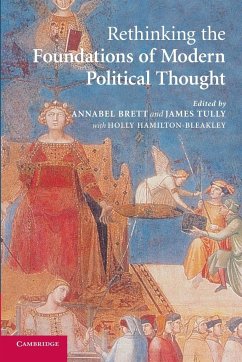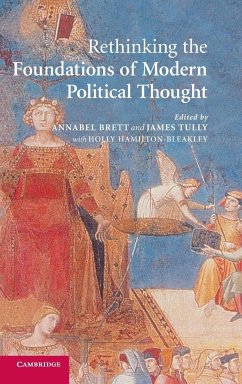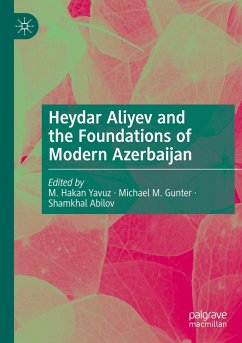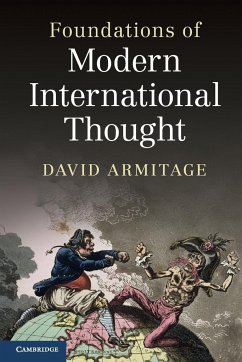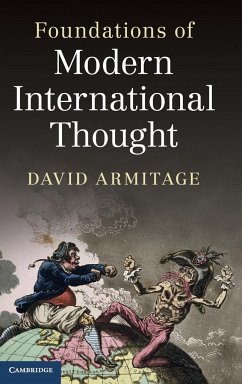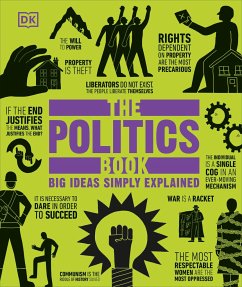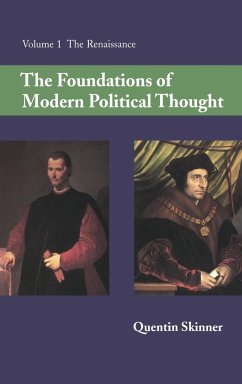
The Foundations of Modern Political Thought
Volume 1, the Renaissance
Versandkostenfrei!
Versandfertig in 1-2 Wochen
103,99 €
inkl. MwSt.
Weitere Ausgaben:

PAYBACK Punkte
52 °P sammeln!
A two-volume study of political thought from the late thirteenth to the end of the sixteenth century, the decisive period of transition from medieval to modern political theory. The work is intended to be both an introduction to the period for students, and a presentation and justification of a particular approach to the interpretation of historical texts. Volume One deals with the Renaissance, Volume Two with the Age of Reformation. Quentin Skinner gives an outline account of all the principal texts of the period, discussing in turn the chief political writings of Dante, Marsiglio, Bartolus, ...
A two-volume study of political thought from the late thirteenth to the end of the sixteenth century, the decisive period of transition from medieval to modern political theory. The work is intended to be both an introduction to the period for students, and a presentation and justification of a particular approach to the interpretation of historical texts. Volume One deals with the Renaissance, Volume Two with the Age of Reformation. Quentin Skinner gives an outline account of all the principal texts of the period, discussing in turn the chief political writings of Dante, Marsiglio, Bartolus, Machiavelli, Erasmus and more, Luther and Calvin, Bodin and the Calvinist revolutionaries. But he also examines a very large number of lesser writers in order to explain the general social and intellectual context in which these leading theorists worked. He thus presents the history not as a procession of 'classic texts' but are more readily intelligible. He traces by this means the gradual emergence of the vocabulary of modern political thought, and in particular the crucial concept of the State. We are given an insight into the actual processes of the formation of ideologies and into some of the linkages between political theory and practice. The work aspires, in this sense, to give the first genuinely historical account of the political thought of the period.
Table of contents:
Preface; Acknowledgements; Notes on the text; Part I. The origins of the Renaissance: 1. The ideal of liberty; 2. Rhetoric and liberty; 3. Scholasticism and liberty; Part II. The Italian Renaissance: 4. The Florentine renaissance; 5. The age of princes; 6. The survival of republican values; Part II. The Northern Renaissance: 7. The diffusion of humanist scholarship; 8. The reception of humanist political thought; 9. The humanist critique of humanism; Bibliography of primary sources; Bibliography of secondary sources; Index.
Table of contents:
Preface; Acknowledgements; Notes on the text; Part I. The origins of the Renaissance: 1. The ideal of liberty; 2. Rhetoric and liberty; 3. Scholasticism and liberty; Part II. The Italian Renaissance: 4. The Florentine renaissance; 5. The age of princes; 6. The survival of republican values; Part II. The Northern Renaissance: 7. The diffusion of humanist scholarship; 8. The reception of humanist political thought; 9. The humanist critique of humanism; Bibliography of primary sources; Bibliography of secondary sources; Index.





